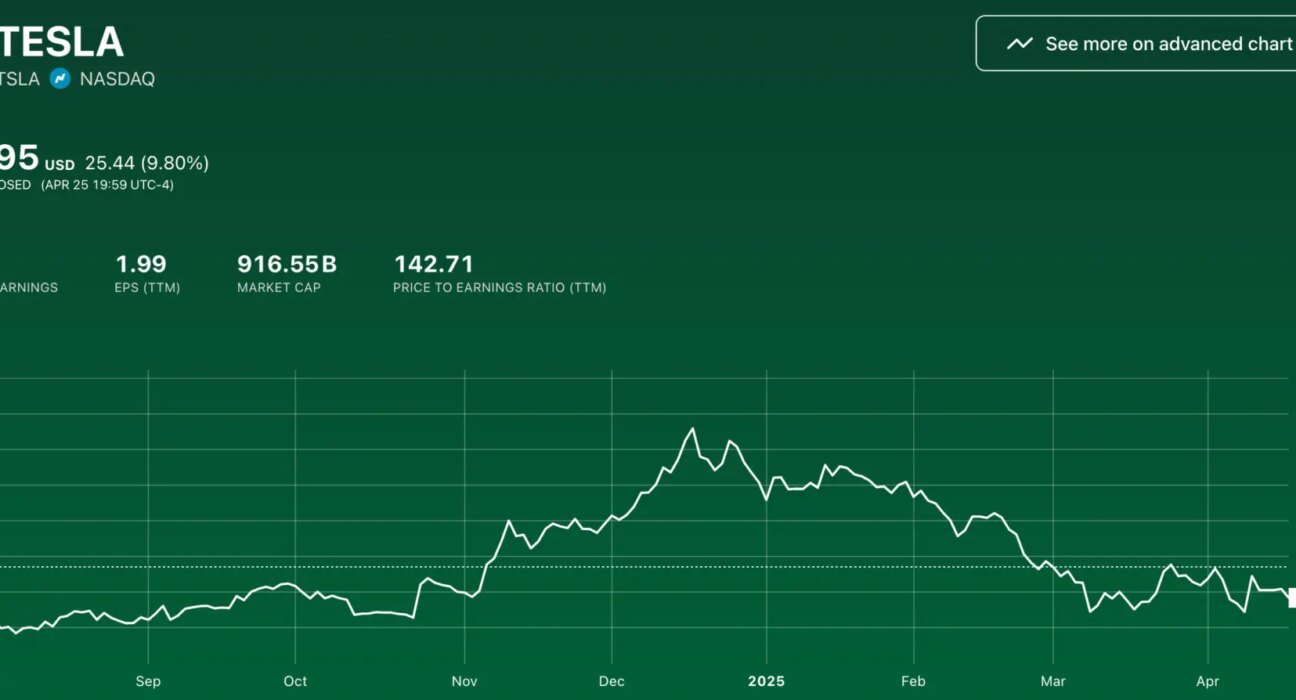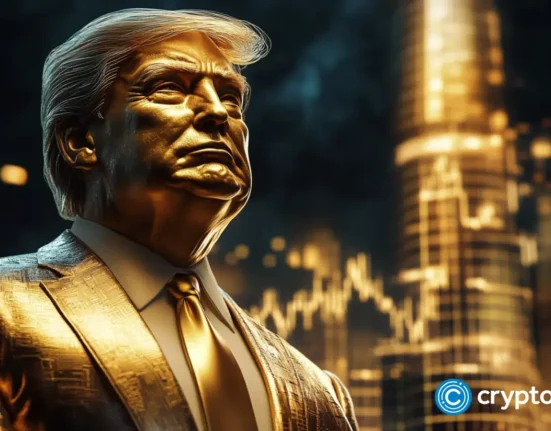Tesla shares jumped almost 10% on Friday after President Donald Trump’s administration announced a plan to fast-track self-driving vehicles in the United States.
The changes came straight from Washington, as US Transportation Secretary Sean Duffy rolled out new rules to loosen federal safety standards.
Duffy said on Thursday that the new framework would help American carmakers beat Chinese rivals. The updated rules mean some self-driving vehicles that don’t meet old federal standards, like needing rearview mirrors, will now be allowed to operate on public roads.
Companies building these vehicles will no longer have to report every minor crash right away. Instead, they can now file monthly updates and only report serious incidents. The government also raised the damage threshold that triggers a required crash report for self-driving vehicles.
Looser safety rules give Tesla more room to grow
Consumer Reports reacted fast, warning that the changes would let cars with systems like Tesla Autopilot off the hook for reporting accidents unless someone dies, someone gets hospitalized, a pedestrian is hit, or an airbag goes off.
Under the new setup, small incidents would slip under the radar, making it harder for watchdogs to track problems.
The National Highway Traffic Safety Administration (NHTSA) said it would expand an exemption program that lets certain autonomous vehicles bypass normal safety rules. NHTSA also promised to simplify how automakers report crashes involving both self-driving and advanced driver assistance systems. The move was designed to speed up the rollout of autonomous tech, but not everyone liked the idea.
The Advocates for Highway and Auto Safety slammed the Transportation Department for watering down safety rules.
The group said it was “disappointed” that reporting requirements were being diluted instead of strengthened. It warned, “without safeguards, safety regulations, transparency and accountability, the success of AV deployment is imperiled at best and could result in deadly consequences at worst.”
Elon Musk, Tesla’s chief executive and a close adviser to Trump, has been pushing hard to launch commercial robotaxis.
The eccentric billionaire has promised the service would be ready soon, even as Tesla faces investigations from NHTSA after a fatal crash involving its Full Self-Driving software. The new rules are seen as removing major hurdles Musk has been fighting against for years.
Stock market stages a wobbly recovery amid Trump’s rampant policy changes
Trump’s changes earlier in the week lifted the entire stock market. The S&P 500 rose by 0.74% to close at 5,525.21. The Nasdaq Composite climbed by 1.26% to 17,282.94. The Dow Jones Industrial Average managed a 20-point gain, closing 0.05% higher at 40,113.50.
Tech stocks saw major action too. Alphabet, the parent company of Google and a member of the “Magnificent Seven,” rose 1.5% after beating Wall Street forecasts for the first quarter. Nvidia gained 4.3%, and Meta Platforms added 2.7%, riding the wave of optimism sparked by the Trump administration’s announcement.

Tesla, however, led the pack with its 9.8% surge, making it the loudest winner among major tech names. Investors piled into Tesla shares on hopes that lighter rules would speed up the rollout of autonomous fleets without regulatory roadblocks.
For the week, the major indexes all posted gains. The S&P 500 gained 4.6%, while the Nasdaq surged 6.7%. The Dow lagged a bit but still posted a 2.5% gain.
Even with these jumps, the S&P 500 remains down 1.5% for the month, and the Dow has taken a brutal 4.5% beating in April. The Nasdaq managed to claw back into positive territory for the month, riding Big Tech optimism.
Cryptopolitan Academy: Want to grow your money in 2025? Learn how to do it with DeFi in our upcoming webclass. Save Your Spot








